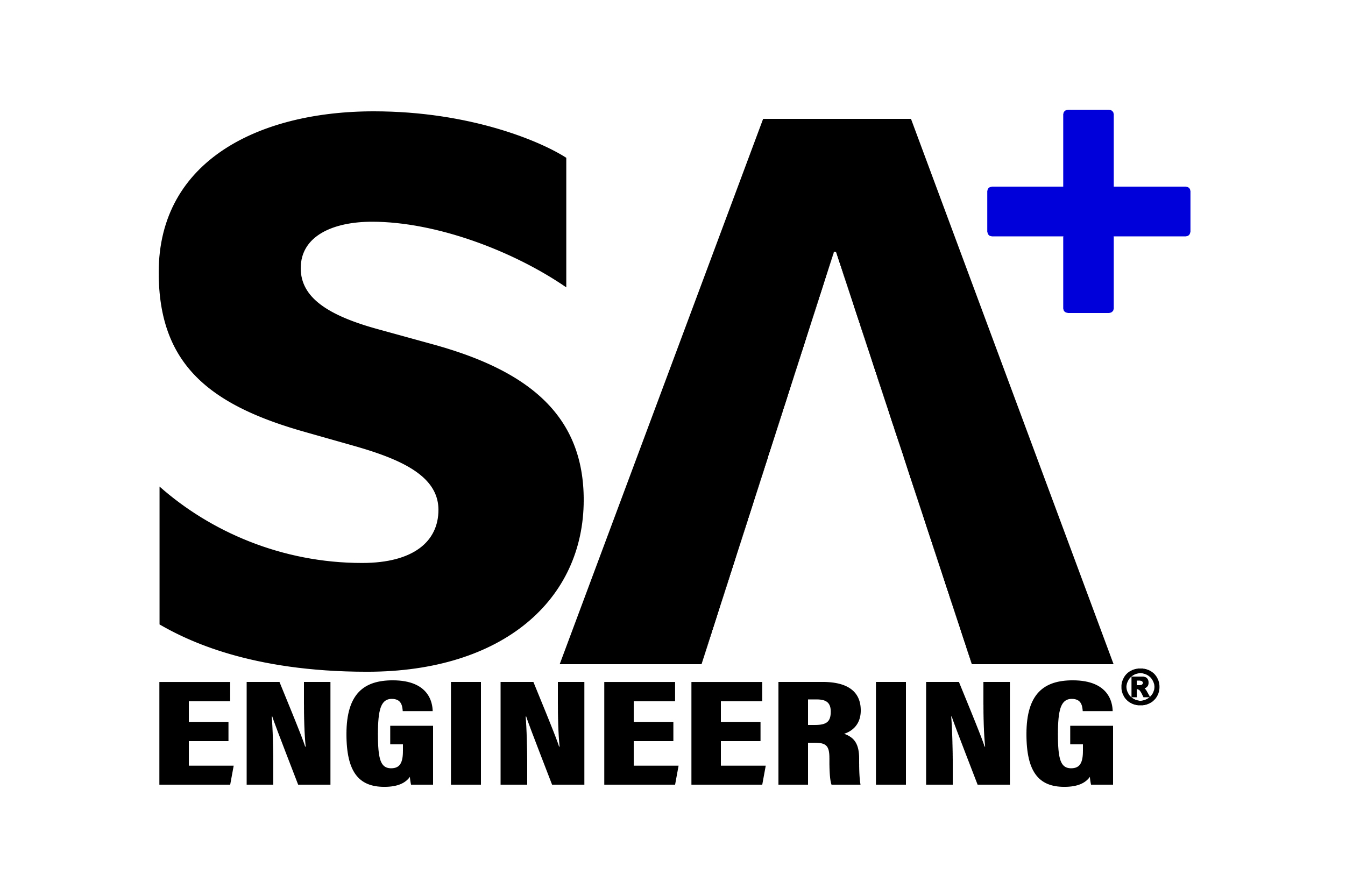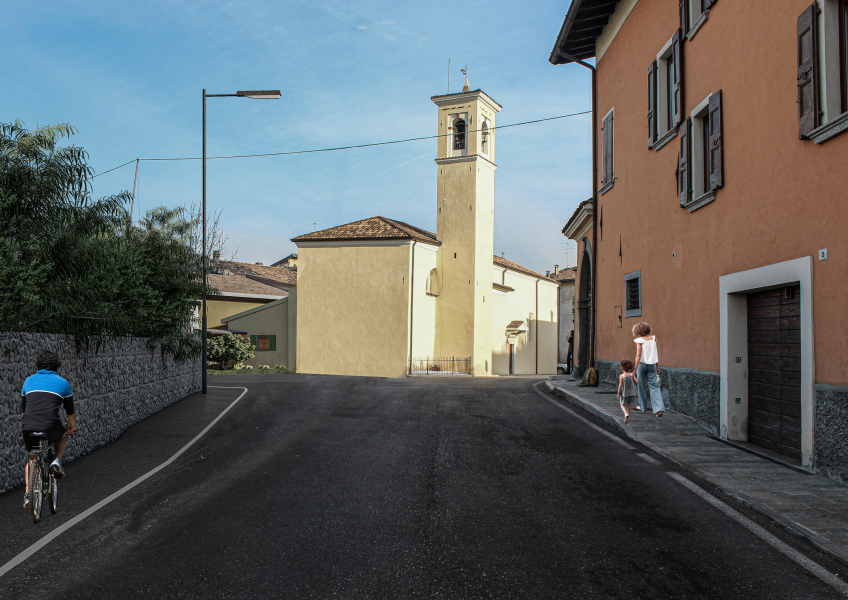The SUAP procedure is a regulatory tool designed to simplify communication between businesses and the Public Administration, facilitating the administrative processes necessary to start or expand a production activity.
SA+ ENGINEERING analyzes the development needs of the existing production site that has no residual building capacity, identifies areas for future expansion that fall under the SUAP (even with non-productive uses), gathers and interprets the requirements of the Administration, the involved entities, and the community, with the aim of creating a solution that benefits both the company and the territory in which it operates, ensuring true and full sustainability of the expansion process.
For companies in the industrial, agricultural, and commercial sectors, the need to expand spaces and activities is frequent and necessary to respond to market demand or to improve operational efficiency. However, these expansions require authorizations and permits that typically involve long waiting times and the involvement of various offices, often including multiple local and regional entities. In this context, the SUAP procedure provides companies with a unified pathway to manage all administrative formalities, from permits to authorizations, thus simplifying the entire bureaucratic process.
The designers at SA+ ENGINEERING, with proven ability to interact and collaborate with all involved entities, possess the skills and experience to undertake comprehensive, multidisciplinary, and shared planning, supporting business development in a coordinated path that would otherwise not be possible through a standard procedure.
The differences between the SUAP procedure and a standard building procedure are significant:
- The number of steps and interlocutors is reduced, thanks to a single point of contact.
- The standard procedure can take months or even years to obtain complex opinions or when multiple entities are involved. The SUAP creates a coordinated process that ensures quicker timelines.
- The SUAP promptly addresses expansion needs, while the standard procedure can slow down business initiatives.
- It does not impact land consumption.
- It safeguards the rights of all citizens, who can submit comments during the urban planning process just as during the drafting of the PGT.
- It consolidates the rights of the company through the urban planning process with derogations from the previous zoning designations of the area owned by the proposing company, ensuring community benefits guaranteed by specific conventional agreements between the company and the administration.
The video presents the project concept, showcasing the collaborative journey undertaken between the company Olifer srl of the Olifin S.p.a. group and the Administration of the Municipality of Odolo.

